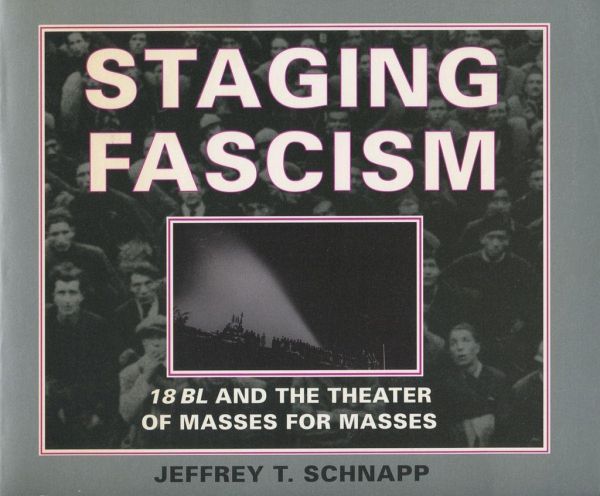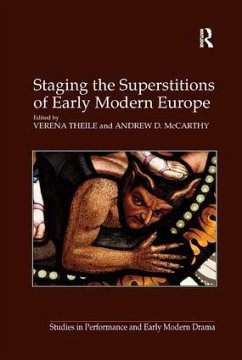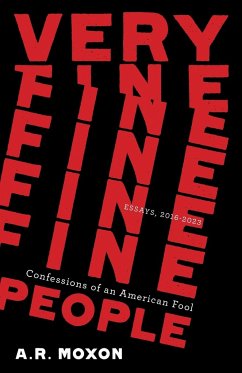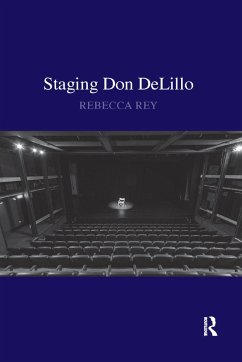Nicht lieferbar

Versandkostenfrei!
Nicht lieferbar




A Stanford University Press classic.
Jeffrey T. Schnapp is Professor of Italian and Comparative Literature at Stanford.
Produktdetails
- Verlag: Stanford University Press
- Seitenzahl: 248
- Erscheinungstermin: 1. August 1996
- Englisch
- Abmessung: 191mm x 229mm x 23mm
- Gewicht: 669g
- ISBN-13: 9780804726078
- ISBN-10: 0804726078
- Artikelnr.: 57111163
Herstellerkennzeichnung
Libri GmbH
Europaallee 1
36244 Bad Hersfeld
gpsr@libri.de
Für dieses Produkt wurde noch keine Bewertung abgegeben. Wir würden uns sehr freuen, wenn du die erste Bewertung schreibst!
Eine Bewertung schreiben
Eine Bewertung schreiben
Andere Kunden interessierten sich für












